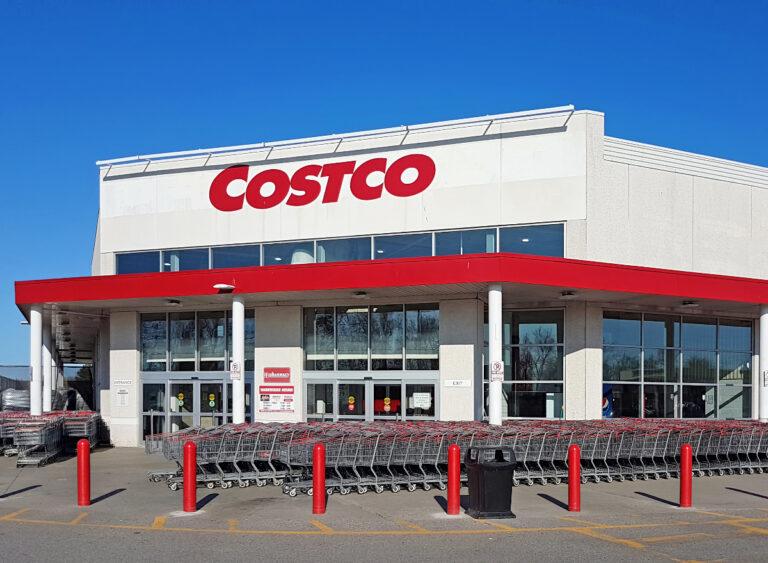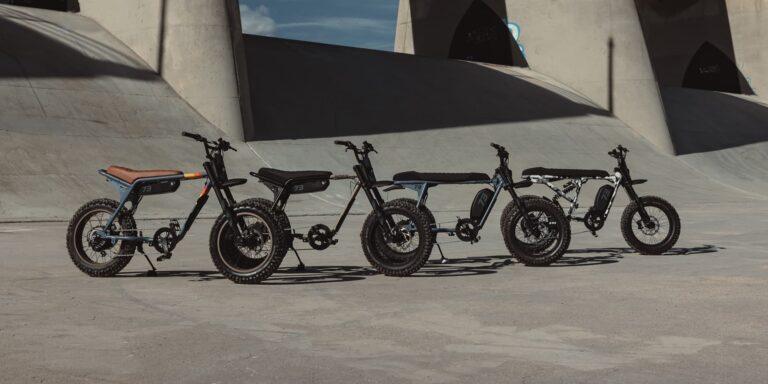One of the largest empty storefronts on Walnut Street will soon be filled by California-based Alo Yoga, a high-end yoga clothing and athleisure chain.
Empty for almost three years, 1608 Walnut used to house Modell’s Sporting Goods — indeed, the mid-market brand’s banners still hang in its Art Deco windows — and before that, the now-defunct City Sports.
The retail section of 1608 Walnut is owned by Midwood Investment & Development, and MSC Retail is the leasing agent. (The office floors above the retail space are owned by the unrelated Philadelphia Management Inc.)
Both businesses declined to comment, and Alo Yoga — which stands for “Air, Land, Ocean” — itself did not respond to queries.
But multiple people familiar with the transaction said Alo Yoga would be occupying a portion of the 6,711 to 15,324 square feet of retail space as advertised on MSC’s website. The windows of 1608 also bear signs that read “Leased.”
The 1600 and 1700 blocks of Walnut already host a variety of stores targeting a similar niche, forming an athleisure district. These shops include Philadelphia Runner, Outdoor Voices, Marine Layer, Athleta and — in closest competition with Alo — Lululemon.
“If one needs yoga pants, there’s an array of options on Walnut Street at this point,” said Prema Katari Gupta, Center City District’s vice president for parks and public realm. “We’re observing a generational churn in retail, where a lot of the older legacy brands I grew up with have pulled back from downtowns. Now they’re being replaced by digitally native brands, like Alo.”
West Walnut Street has long been one of Philadelphia’s premiere shopping destinations, but it took a hit during the pandemic. During the unrest following George Floyd’s murder in 2020, some of the businesses along Walnut and Chestnut streets were vandalized. On the 1700 block of Walnut, three buildings were so badly damaged that they had to be torn down.
Now, as the pandemic’s effect on American life recedes, the vacancies have been absorbed although the brand mixture is distinct from its pre-2020 iteration.
“These digitally native brands are choosing places across the country that have really high pedestrian volumes and nice physical attributes,” Gupta said.
This content was originally published here.



















